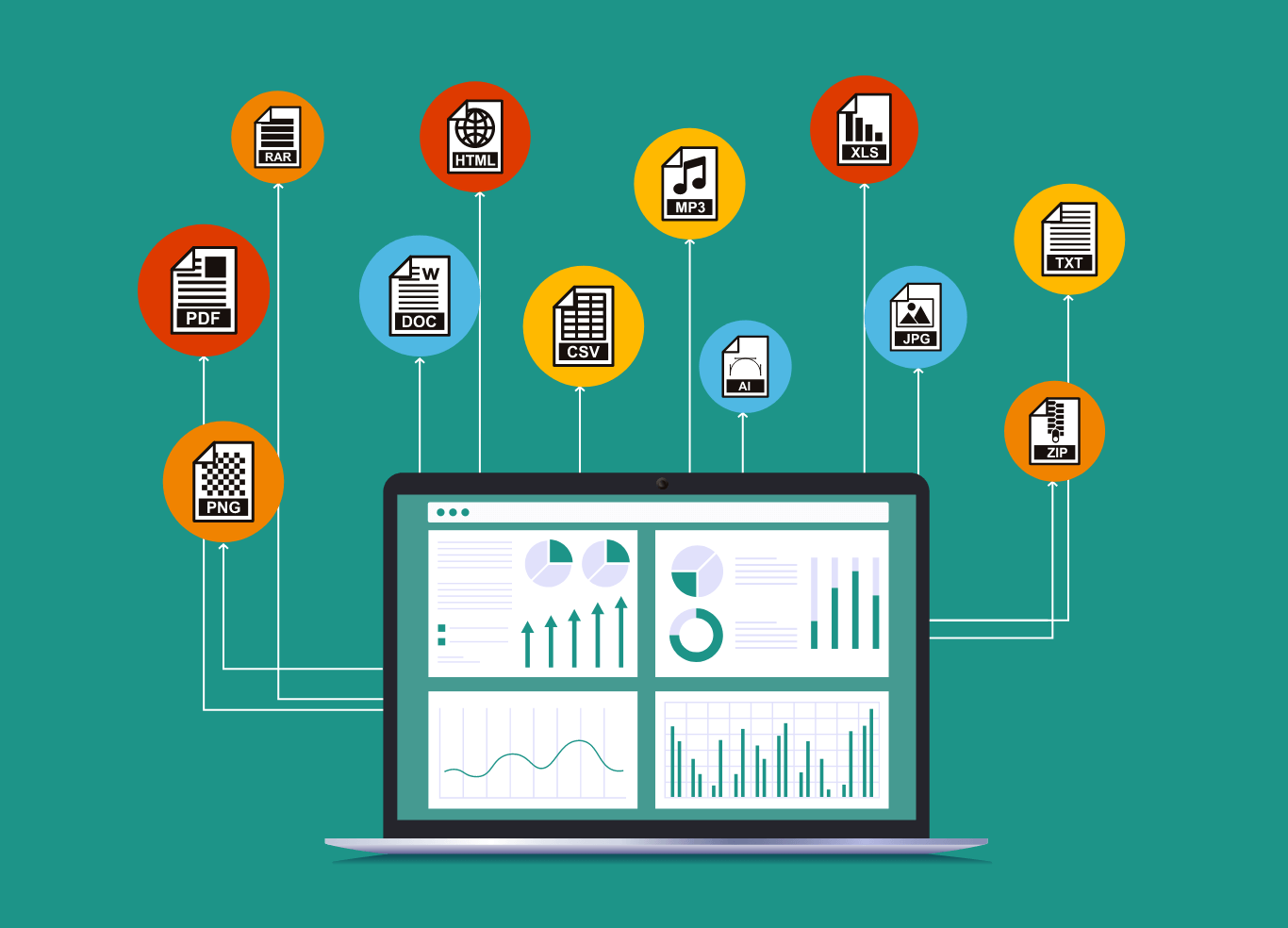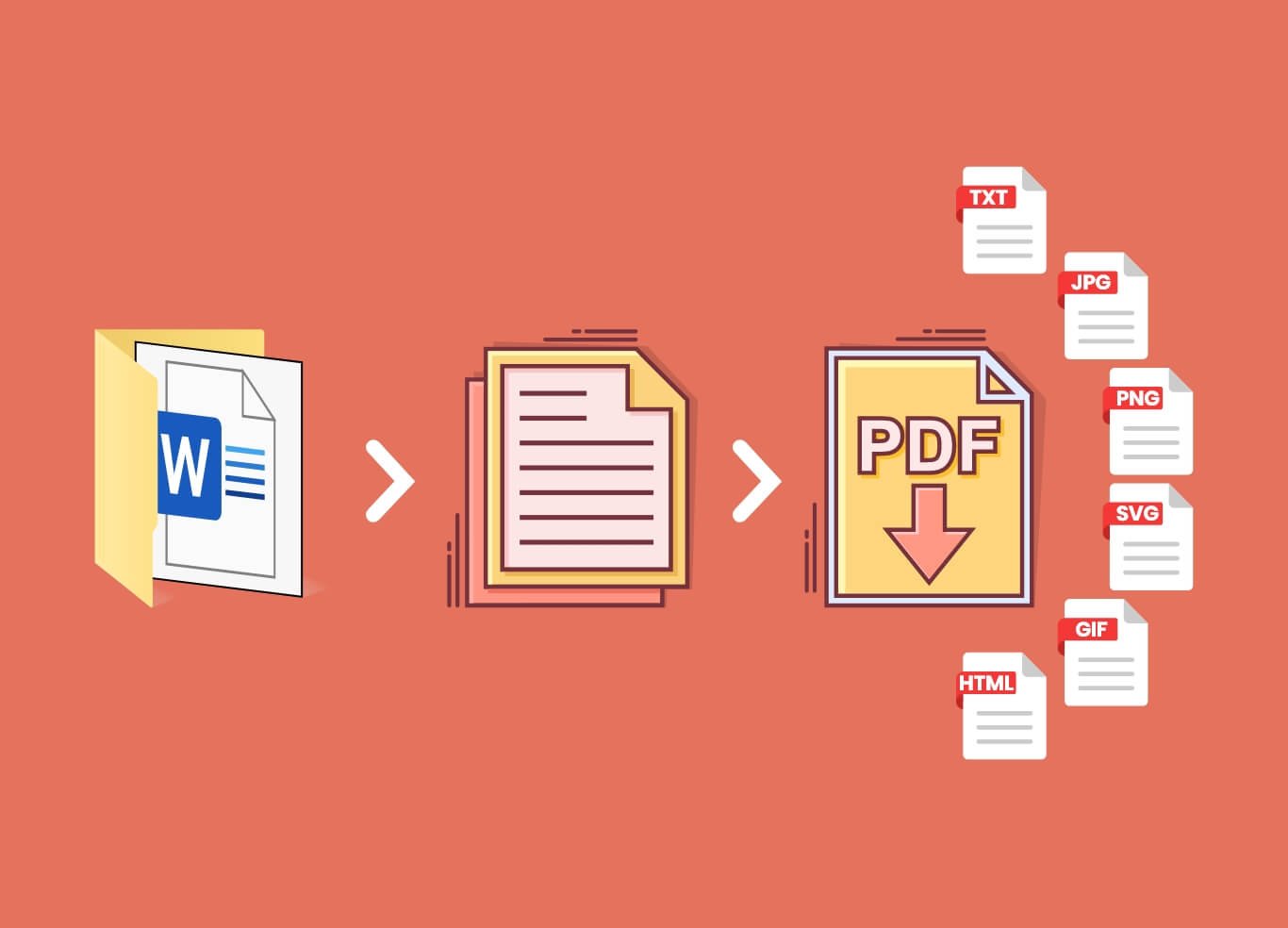In the modernization timeline, where digital transformation is at its peak, things around us have drastically shifted from traditional to digital. Everything from payment to getting things done in-house is digitized as we observe small things. There’s no doubt that the digital era can alter how we live, operate, and perform daily. As a matter of fact, the effect of digital transformation has also modified the business operations in the economy. In the vast economy, many businesses in several sectors look for novel ways to upscale their growth and profit. One of the significant pathways is to adopt digitization in the business and revamp the methodologies to generate profit in the digital era.
As digital transformation significantly impacts the global marketplace, the financial sector also manages to alter the traditional practice with a digital approach. Furthermore, the sector has revolutionized by adopting financial data entry services due to the large amount of data generated daily. Since the importance of data and its accurate management plays an essential role in the growth of any business sector, financial institutions have also accepted digital change and converted their physical data into digital format, which has shown significant growth. Hence, this proves the importance of digital transformation in this day and age. By the same token, financial institutions such as insurance associations and organizations also deal with colossal data on an everyday basis.
To start with, insurance companies are in the trade of managing risk and effectively managing business operations. Insurance companies need to clearly understand the market, trends, patterns, and potential customers. In the insurance business, there is a lot of friction around to collect the customer data. Additionally, insurance companies with large databases need to manage each data category in an organized form. This promotes better daily streamlining of business operations. Therefore, data digitization for insurance companies plays a significant role in managing data.Convert Insurance Data into Secured Formats with Data Conversion Services
However, in recent years, insurance companies have adopted a shift towards digital transformation. The emergence of new technologies and innovative methods has revolutionized the way insurance firms and other financial institutions manage their colossal data. With data digitization, data conversion services for insurance organizations also play a pivotal role in managing and converting data formats into usable forms. Let’s explore in detail how data conversion enhances insurance operational processes.
Enhancing Insurance Operational Process with Data Conversion Services
As financial data entry service have resulted in better management of data for many financial institutions, such as insurance firms. It is also significantly important to have data in proper format and stored in ease-to-use format. As a matter of fact, the desirable format of data helps to save time, get access to information in usable form, and better storage. Hence, it promotes streamlined processes and enhanced customer experience. To convert one file format to another, data conversion service is the most novel way to gain effective results. For any insurance firm, the primary goal is to get effective results and enhance the customer experience as much as possible while managing massive amounts of data.
As a matter of fact, insurance firms collect various types of data from several platforms. Usually, the data needs to be in accurate format or always in digital form, which can be stored in desired CRMs. Hence, to convert it, data conversion for insurance brings the appropriate change while maintaining the quality of data. Additionally, storing customer and other data in a secured format is important, as in insurance firms, customers tend to share personal information and give up their privacy. This is where insurance companies need to maintain the security of private information and keep the customer experience always on top. The following are different types of information collected by insurance firms;
- Personal information- name, contact, email, address
- Financial information- assets, liabilities, incomes, debt, and credit score
- Medical information- health history, current health status
- Policy information- type of coverage, expiration date, renewal date
- Claiming information – all claims issued by customers
These are some significant types of insurance data that are effectively collected. Other than this, different types of information are also collected, depending upon the type and requirement of the customer. Having vast amounts of information, it becomes necessary to convert all types of information into a desirable format that promotes easy accessibility and scalability at times of urgency or resolving customer issues. Hence, this highlights the importance of insurance data conversion services. Furthermore, it offers a variety of benefits to insurance businesses and keeps them ahead of the competition. The following are some benefits that prevail in data conversion services in the financial sector.
Benefits of Data Conversion Services in Financial Sector
Improved Customer Experience
Better File and Data Management
Usable and Accessible Formats
Better Business Model
Improved Risk Assessment
Personalized Pricing
Increase Efficiency
Reduced Errors
Simplified Data
Organized Archives
Data conversion services offer more benefits than those mentioned above as it’s more comprehensive than converting paper documents into digital formats for insurance companies. However, it is an enormous sector that requires data resources to be managed, organized, and archived securely. Due to such challenges, financial data entry services have become widely popular in the industry. Although, data entry is only one of the solutions for financial institutions to keep all the information safe. Here, data conversion services also play a significant role.
As a vast and massive sector with colossal data volumes and headaches from other tedious tasks and responsibilities, insurance firms and other financial associations fail to execute data management properly. Hence, in such situations, firms seek help from third parties for outsourcing data conversion services. Insurance firms can have accurate data formats without compromising quality and can focus on other business operational tasks.
Why Outsourcing Data Conversion is Best Solution for Insurance Business
The demand for digital transformation has grown in recent years for every business sector. It has become a new trend in the global marketplace where businesses can leverage the power of digitalization and stay ahead in the economic competition. For all organizations, data is a gold mine that is utilized in various ways. Thereafter, data is also generated in several different formats in corporations, which becomes a hurdle in managing and utilizing its power. This problem comes with data conversion as a solution. Over the years, harnessing the power of correct and well-formatted data has resulted in business success. Additional data conversion has reshaped industries in distinct ways.
Although small and large enterprises have a lot of tedious tasks and other operational responsibilities that require utmost attention. Hence, converting data formats becomes a costly added burden for businesses. Overcoming such a situation, outsourcing data conversion services is the wise choice for all types of organizations without compromising the daily core competencies.
Besides, experts’ knowledge and the latest use of technology will provide desired outcomes while maintaining information proficiency. Businesses can also streamline their workflow efficiently and enhance the team’s productivity. Uniquesdata is a leading data conversion company offering comprehensive solutions to financial and other sectors.
Partnering with a data conversion company can benefit businesses in multiple ways and bring effective results. In fact, an in-house team can cost a lot more than outsourcing solutions. The following are some of the benefits of data conversion outsourcing.
Benefits of Data Conversion Outsourcing for Insurance Firms
Secured and Organized Data
Streamline Workflow
Maintained Confidentiality
Save Time
Latest use of technology
Cost Effective
Expertise Knowledge
Increased Efficiency and Productivity
Final Thoughts
Data conversion solutions bring desired outcomes for the insurance industry and play a significant role in converting and digitizing data in a secure format. Additionally, data conversion companies offer various benefits to insurance firms and other financial institutions.



